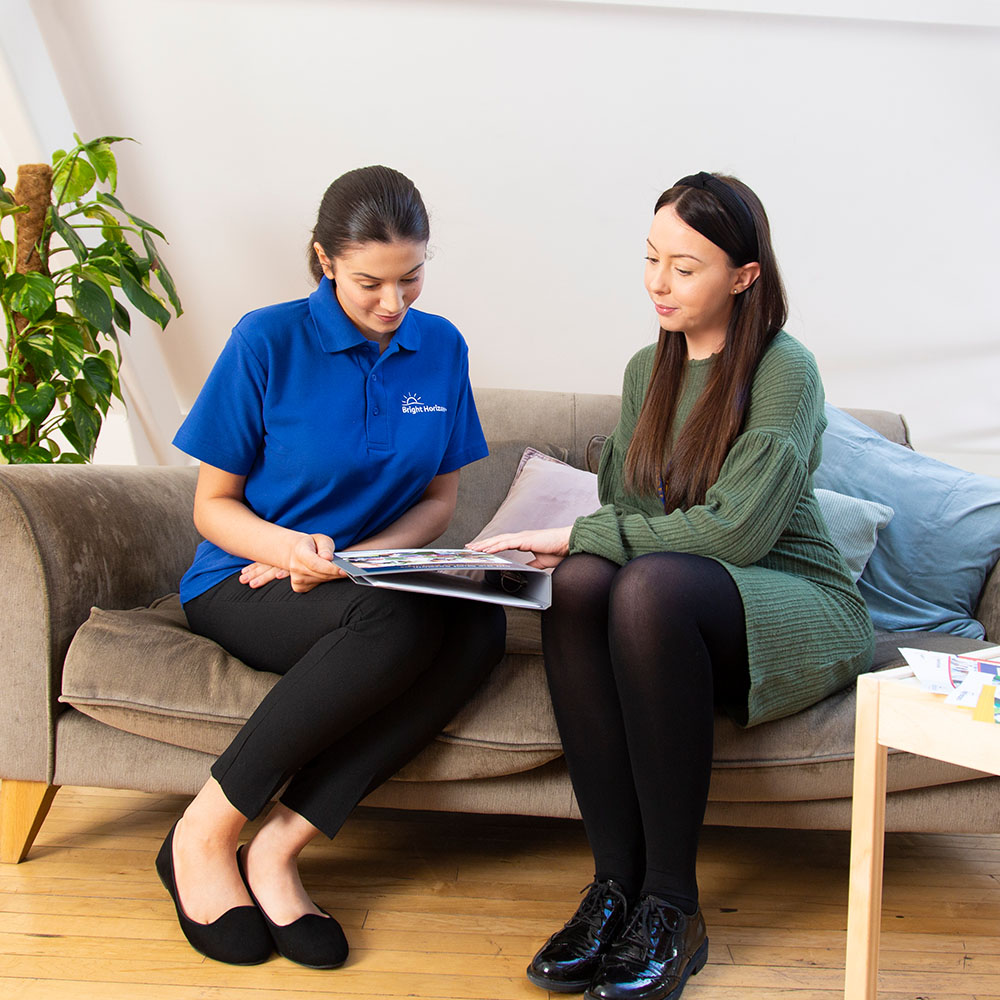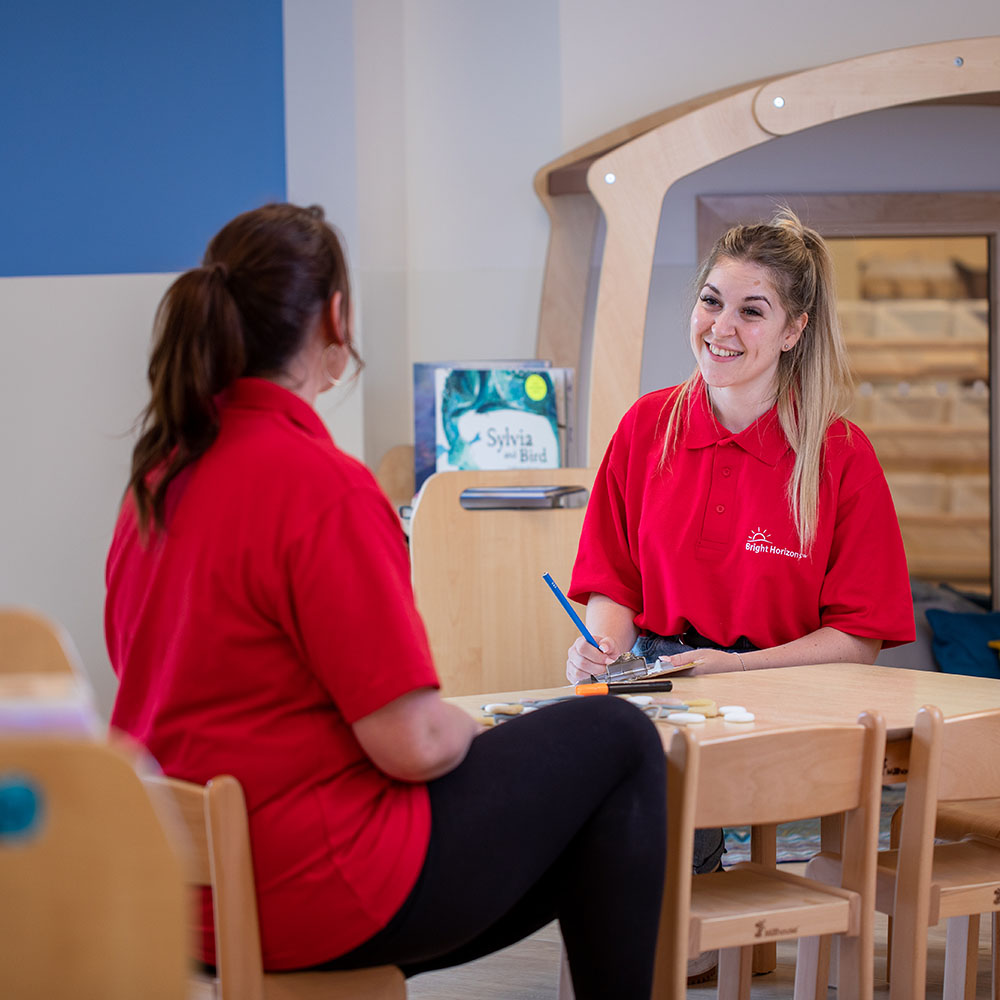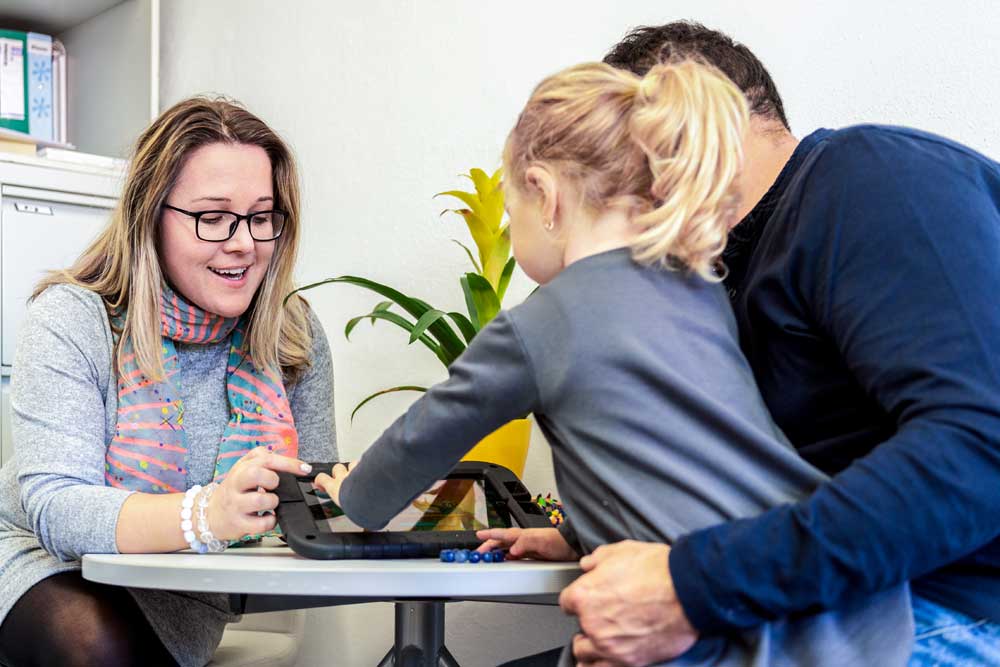SEND at Bright Horizons

Special Educational Needs, Disability And Inclusion (SENDI) At Bright Horizons
Our aim at Bright Horizons is to enable all our children to have the brightest beginning.
It’s widely recognised that high-quality early years support is critical for all children, which is why SENDI (Special Educational Needs, Disability and Inclusion) is an integral part of all our nurseries.

Supporting Your Child
To give each child their best chance in life, we understand that some will need additional support throughout their education and life, while others may need it temporarily as they transition through different stages of learning and development.
Each of our nurseries has a specialist SENDI practitioner with a passion for supporting the children in our care.
If you have a child with additional needs, please contact the manager at your local nursery who will be happy to discuss how we can work with you to support your little one.
Bright Horizons’ SENDI framework supports legislation and procedures in:
- England - The SEND Code of Practice
- Scotland - Additional Support for Learning
- Wales - Additional Learning Needs

SENDI Family Support
Our SENDI practitioners are a dedicated point of contact for parents as well as staff, and can support families with external agency coordination and referrals such as:
- Speech & Language Therapists
- Early Help Teams
- Occupational Therapists
- Education and Healthcare Plans
- Portage Services
- DLA Applications

SENDI Nursery Networks
We recognise the importance of sharing best practice throughout our nurseries.
Our Early Childhood specialists and SENDI practitioners collaborate regularly at dedicated networking events to ensure each child gets the best possible care and support.

Find your perfect nursery
Discover inspiring places to give your child the best start in life.
FAQ's
What does SENDI mean?
SENDI means Special Educational Needs, Disability and Inclusion. Depending on the location of your nursery, you may also know these practitioners as SENCO in England, ASLCO in Scotland and ALNCO in Wales.
How does Bright Horizons identify if a child has SEND or needs extra support?
All our nursery teams are trained in identifying when a child may benefit from a little extra support. Once a need is identified, we work with each family – and other professionals where required – to prepare an individual plan and liaise with their key person to support the child.
Sometimes children will need ongoing support, while others may just need help for a short period. If a child needs a little temporary help, our SENDI practitioners are on hand to offer guidance, as well as arranging external referrals where required.
How will staff support children with additional needs during key transitions such as room changes or the move to school?
Our nursery teams work with individual families to support and transition children through each stage of their early childhood education journey, ensuring that each child is provided with the unique support they need to progress.
This may mean a key person transitioning with your child to the next room, applying for funding or welcoming schools to the nursery to meet children and families.
How does Bright Horizons adapt nursery environments to increase accessibility?
We aim to make our nursery rooms as inclusive as possible to meet a range of physical and sensory needs. This might mean installing ramps for wheelchair users, or designing environments that are calming and relaxing to the senses.
How are families included in their child’s education?
All parents are encouraged to be involved in children’s nursery care and education. This is especially important when a child has additional needs. Our SENDI practitioners work with our nursery teams and families to create a plan tailored to supporting children to thrive.

If you have any questions, or would like more information, please get in touch with your local nursery.
Find Your Local Nursery




